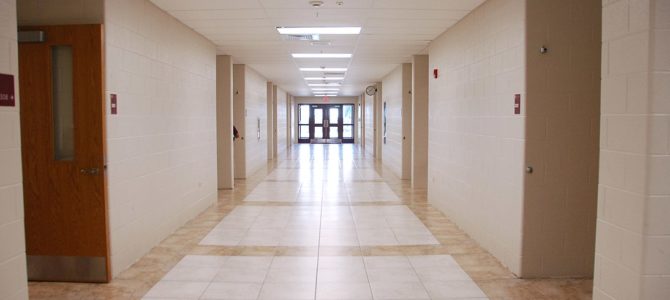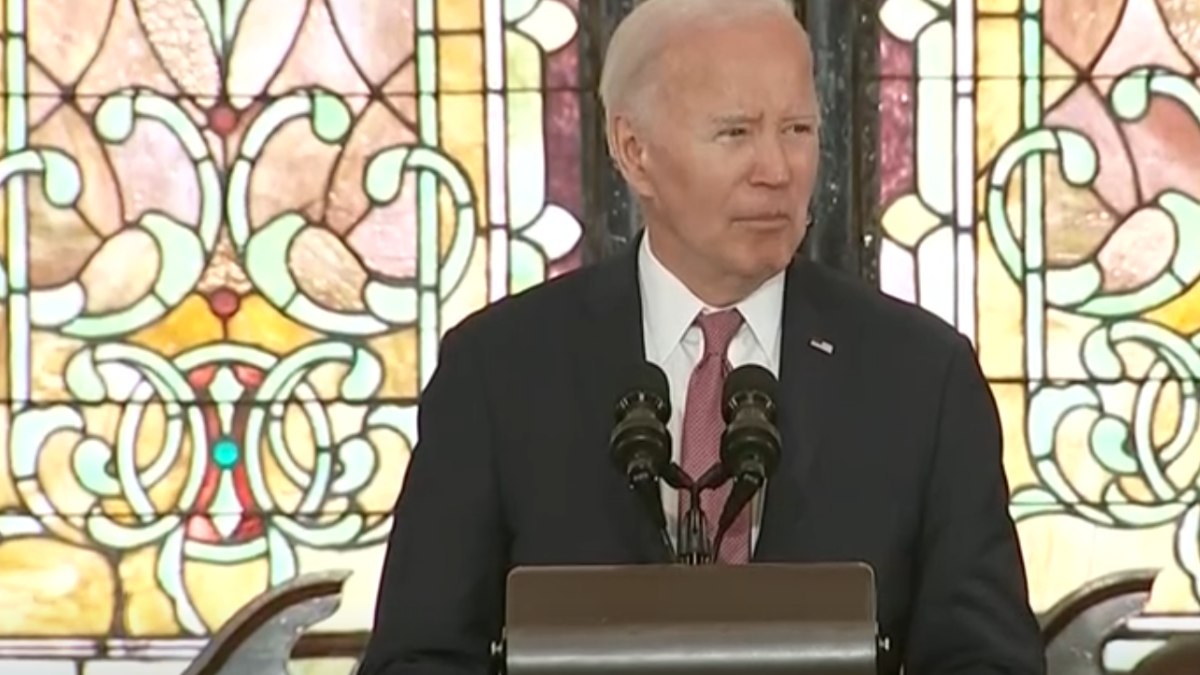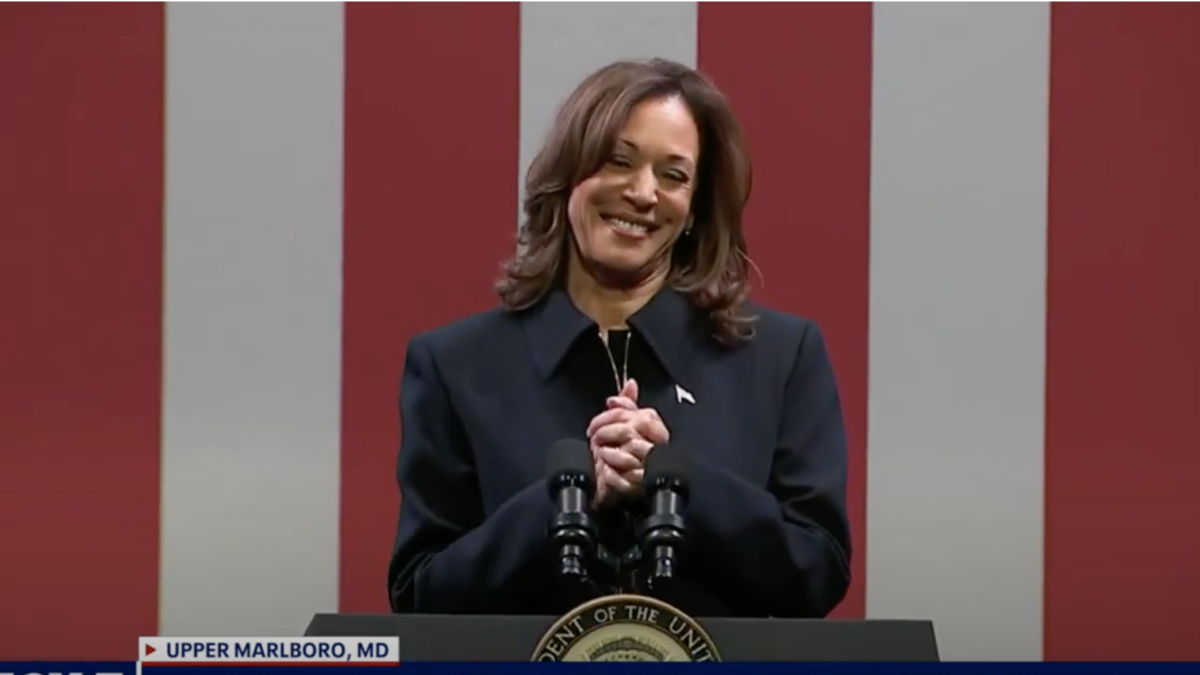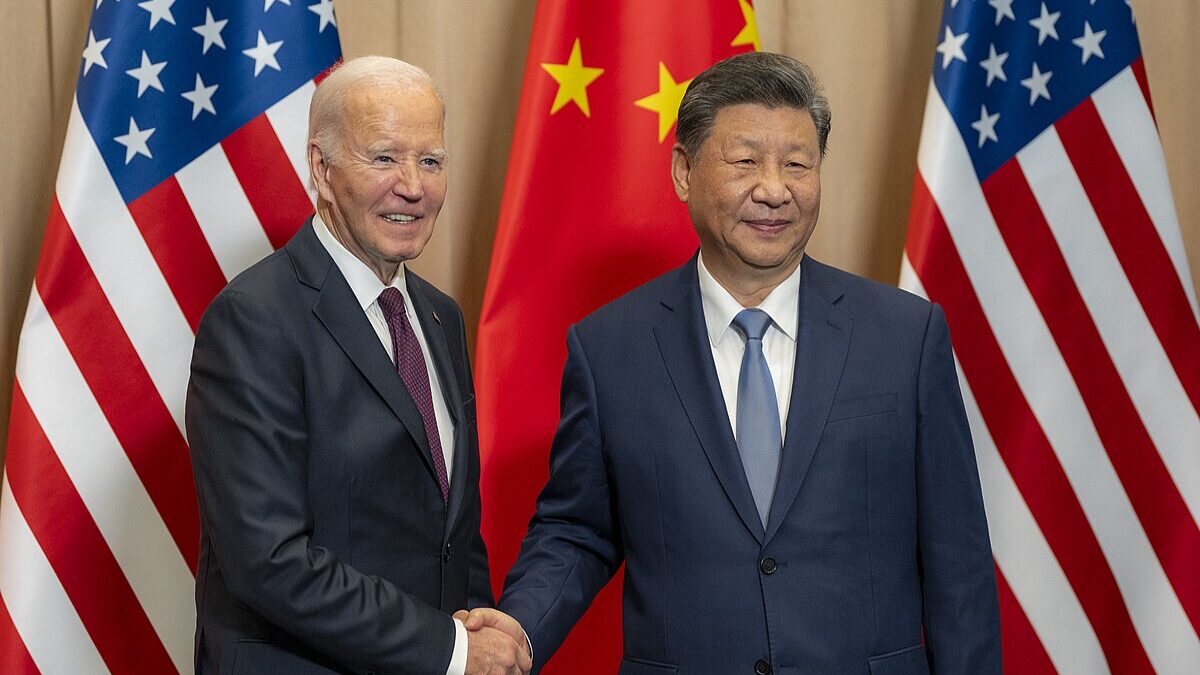
Fighting woke radicalism can feel like punching a fog. Wokeness, for lack of a better term, is often vague and ill-defined, a jumble of ideology and activism that lacks a clear structure even as it conquers institutions and remakes society.
But conservatives have found a vulnerable target in critical race theory, and we should keep hitting it, despite the complaints of our ideological adversaries. For example, in a Slate interview, “anti-racist” guru Ibram X. Kendi argues that conservatives are incorrectly and cynically “defining critical race theory at the same time they are attacking it.” MSNBC’s Joy-Ann Reid tweeted, “None of these people who have made attacking Critical Race Theory their life’s work HAVE ANY IDEA WHAT CRITICAL RACE THEORY IS!!!!”
Their claim that we don’t understand critical race theory is, of course, false. Many critics of critical race theory are quite conversant in it—and it is amusing to watch the people who promoted the grossly inaccurate 1619 Project suddenly get huffy about scholarly precision and rectitude. Furthermore, although not all of the parents objecting to critical race theory in their children’s schooling know its academic ins and outs, they know enough to recognize it as poisonous.
Critical race theory is unpopular not because of conservative propaganda but because it promotes poisonous racial essentialism and hatred. It is unpopular because it encourages neo-segregation, with business, schools, and other organizations separating people by race. It is unpopular because its ideal of equity leads to abolishing advanced math classes. It is unpopular because of incidents such as the University of Oklahoma punishing a volleyball player after she objected to woke racial indoctrination.
It is unpopular because it is the ideology behind a host of noxious corporate initiatives on so-called diversity, equity, and inclusion—often facilitated by grifting critical race theory advocates and allies such as Robin DiAngelo. It is unpopular because its acolytes will attack anyone.
Ordinary people were already disgusted by the fruits of critical race theory, even if they didn’t know the name of the ideological tree growing them. This is why campaigns against critical race theory in education are succeeding, and why many of its advocates are retreating.
For instance, in Virginia’s wealthy, deep-blue Loudoun County, Superintendent Scott Ziegler recently insisted that the public schools are “not indoctrinating students using critical race theory. Critical race theory is not a part of the curriculum.”
This disavowal is a triumph, but it could be ephemeral. Even passing laws against teaching critical race theory in public schools may prove but a brief victory. It is not only that it is difficult to write goods laws on this sort of subject, but that those charged with following and enforcing the laws may subvert them.
We should not expect the teachers, school boards, and education officials who have been pushing critical race theory to give up on it. As a satirical Babylon Bee headline put it, “Schools To Get Around CRT Bans By Just Beating White Kids With Sticks.” The Bee exaggerates, but only a bit.
It is therefore necessary, for both politics and policy, to persevere in this fight. Insofar as politicians who intelligently and effectively combat critical race theory are rewarded by voters—and that is likely—they have an incentive. And parents will remain motivated by the issue as long as it threatens to derail their children’s education.
But to truly defeat critical race theory we need to provide an alternative. Critical race theory is mostly warmed-over Marxism with race substituted for class, but it addresses a real human need by providing at least a partial answer, however inaccurate, to the perennial questions: What is wrong with the world, and how can we fix it? Those of us who reject its answers to these queries must provide responses that better address racial injustice and other inequalities, past and present.
This necessity is also an opportunity for Christians, if we are willing to accept it. After all, we believe our faith provides the fullest explanation of what is wrong with the world, as well as how to rectify it. Thus, even at its best, critical race theory and its ideas of systemic racism are a poor substitute for what Christians understand through the doctrine of original sin. It is not our race that makes us oppressors or oppressed, but sin—our own and that of others.
The Christian account of sin is both more personally accusing and forgiving than critical race theory. Although Christians acknowledge that the effects of sin can linger long and even be embedded in social, legal and political systems, we know that evil originates in the darkness of our own hearts. Christianity teaches that individual guilt is prior to systemic guilt, and it therefore provides for repentance, forgiveness, and reconciliation in ways that critical race theory does not.
Law and culture almost always need some reform, but the work of racial justice begins, not with systemic critique, but with love based on the recognition that we are all children of God. This truth, rather than the racial suspicion and even essentialism encouraged by critical race theory, best enables us to identify and remedy injustice. The fight against critical race theory is therefore necessary to create space for the development of genuine love and justice.








